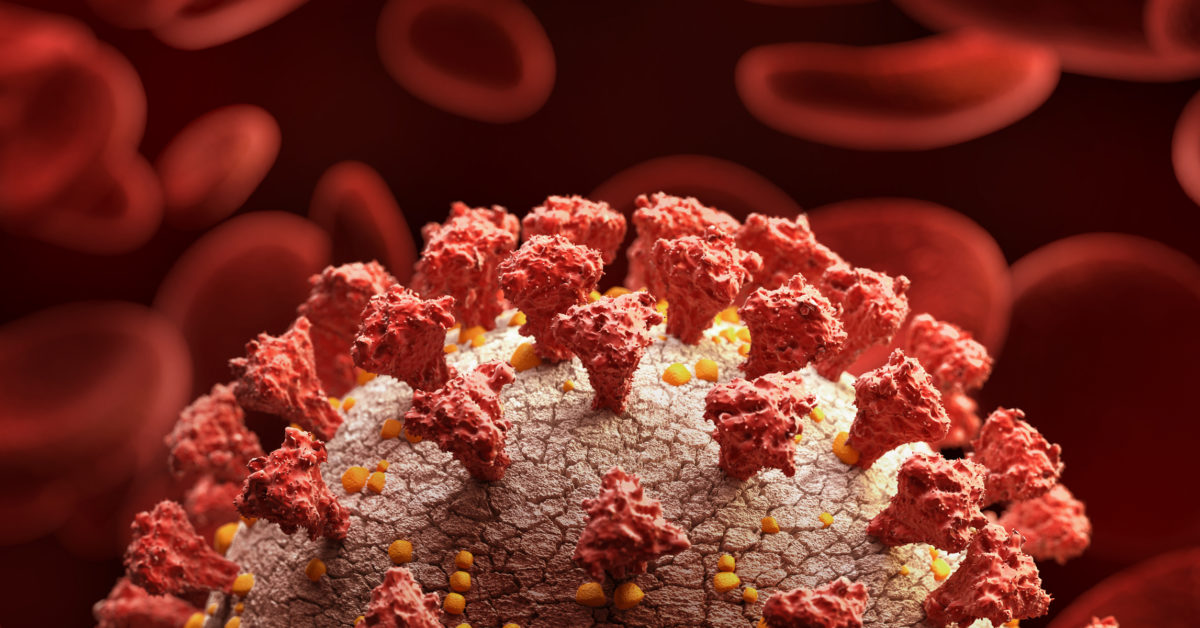An analysis of more than 15,000 SARS-CoV-2 genomes finds that mutations to the virus do not increase its transmissibility and are instead either neutral or detrimental to its spread.
Since the emergence of SARS-CoV-2 in the human population at the end of 2019, the virus has been accumulating mutations in its genetic code, which comprises single-stranded RNA.
There have been concerns that some of these mutations could increase the transmissibility of the virus — that is, its ability to spread between people.
Researchers at the University College London (UCL) Genetics Institute in the United Kingdom have now analyzed the genomes of over 15,000 SARS-CoV-2 samples. These came from people from 75 different countries.
They found that none of the recurrent mutations show any evidence of increasing viral transmissibility. Most seem to have a neutral or slightly detrimental effect on the virus.
The details appear on the preprint server BioRxiv, meaning that the results have not yet undergone peer review.
Mutations to the new coronavirus, and all RNA viruses, can occur due to three main processes.
They can occur by “mistake” (due to errors in copying the RNA when the virus replicates), through interactions with other viruses that are infecting the same host cell, or due to changes induced by the host’s own immune system.
Most mutations have no effect on the spread of the virus — in other words, they are neutral — but mutations can also be detrimental or beneficial to the virus.
Identifying mutations that could increase the virus’s ability to spread throughout the human population is critical, as it could help control the pandemic.
“As a growing

